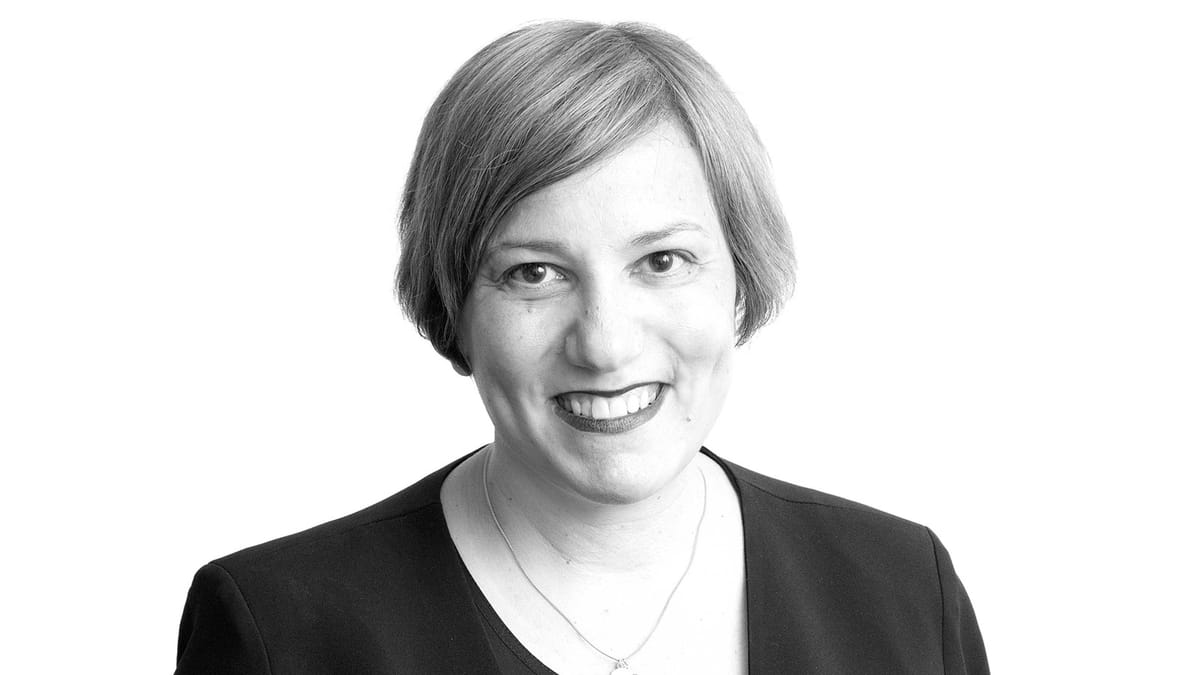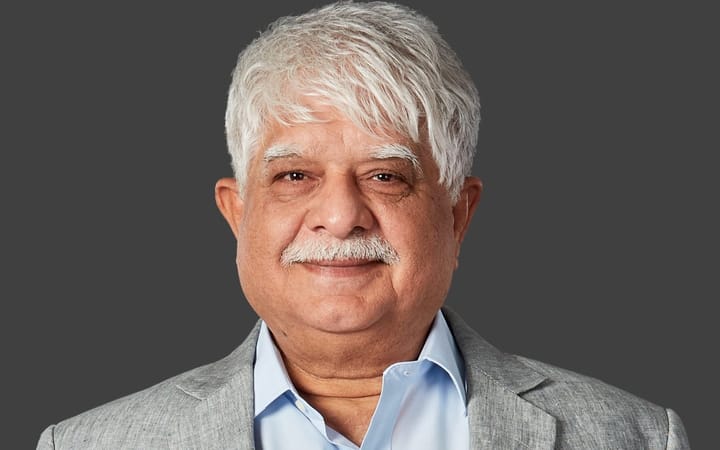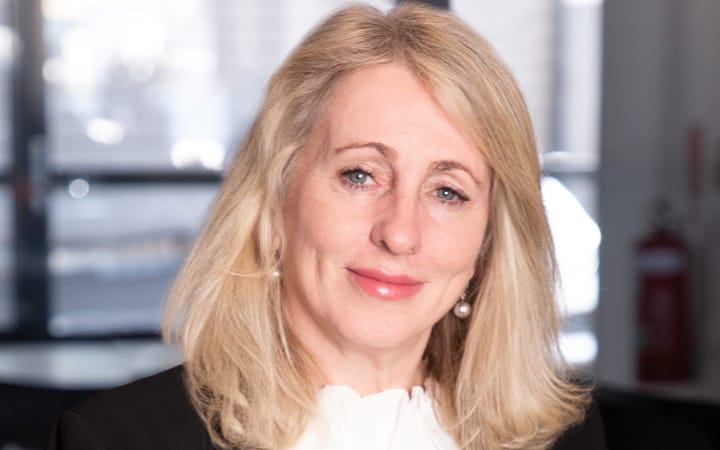PROI's lessons from 55 years of independence | Partner Content
Independents' Day is a new monthly column sponsored by PROI, in which Earned First talks to independent PR firms from across the globe.

In a new monthly column called Independents' Day, Earned First is partnering with PROI to explore how independent PR firms are navigating industry disruption while preserving their competitive edge.
In our first instalment, we speak with PROI president Angela Scaffidi about the partnership's 55-year evolution and the challenges facing independent agencies as they compete in an increasingly complex, technology-driven communications landscape.
1. As PROI turns 55, what aspects of its legacy do you see as most essential to preserve – and which do you believe must evolve in order to stay relevant over the next decade?
The 90 plus agencies in PROI Worldwide value their independence. Our independent spirit and agility have always been at the core of PROI. We are entrepreneurs who are looking for new and better ways to evolve our work and our consultancies. We take risks. We encourage each other to try new things and we learn from each other’s successes and failures. We know and trust each other. We have strong relationships that enable us to share knowledge, clients and even resources. One of my business partners joined me at a recent global PROI summit in Italy. He said: “I really get it now. Everyone is so generous with their ideas and knowledge. The relationships are deep and you clearly trust each other”. That’s the legacy we want to preserve.
What needs to evolve? We need to continue building our base in developing parts of the world. We want to remain a strong global network. This will include bringing in new partners with different backgrounds and specialties. And we need to ensure that we’re helping every partner to evolve what they do and how they do it in our rapidly changing world. AI is important, but so is building the workforce of the future, findings ways to address misinformation and disinformation, and using data to make better decisions.
2. How are client needs changing in ways that create advantages or disadvantages for independent networks versus global holding companies?
As a network of independent agencies, we are agile and responsive. We can quickly adapt to changing client needs and contexts, particularly during uncertain economic times. Our clients may need us to move faster than ever. To do more with less. To find ways of solving new problems. We can respond quickly. Clients continue to want to feel valued. We are owner-led businesses with skin in the game. Our clients know we value them and we will do what we can to support them as organisations and as individual leaders.
Clients are often looking for local support within a global context. We know our markets well. But we’re also tapped into partners and insights across the globe. We recently invited a US PROI partner to speak to a group of Australian corporate affairs leaders. The leaders in the room valued the quality of the insights as well as the honesty of the person sharing. This honesty comes from knowing and trusting each other as PROI partners (and friends).
The disadvantage came come down to procurement and client preferences. Despite our reach across 165 cities, sometimes clients find it easier to hire a global holding to service their needs in multiple markets. This isn’t always the case – we have great examples of our partners servicing joint clients in every region. But it can be a challenge and one we’re working hard to overcome.
3. AI, data, and platform shifts often seem to reward scale. How can a network of independents compete on innovation and investment while maintaining their entrepreneurial DNA?
Entrepreneurs are never short of good ideas or energy. Scale can be a challenge for some of our partners, particularly when you have a great idea but you don’t have the time or resources to make it happen. I know this from experience. That’s why we join forces where it makes sense to learn together and to harness our global scale. There are many great examples of this action, from our AI working groups in each region, the strength of our Latam Squad, research projects we’ve run together, and helping to trial and use each other’s new products, especially in the digital space. This only works because of the generosity and trust within the PROI. One of our PROI values is around ambition – “we value collaboration above competition within the PROI”. It’s a value we work hard to protect.
4. Is there a tension between being an independent firm and being part of a global network? How do you see PROI balancing local autonomy with collective identity in the years ahead?
It’s always a matter of balance. Our partners are fiercely independent and have often spent decades building their profiles in specific sectors and/or markets. They join forces where it makes sense, such as knowledge sharing and developing people. We have created joint products and offerings without losing our independence. We’ve done this for 55 years. The challenge is ensuring that our next generation of PROI leaders understand the value of the partnership and how we work. We’ve articulated our values as a way of sustaining our culture. It will remain a priority of the PROI Board. And we’re always looking for engage future leaders within consultancies. In the years to come they’ll decide how best to strike this balance.
5. With new models emerging (from boutique alliances to digital-first networks), what differentiates PROI today – and how must that differentiation sharpen for the next decade?
What differentiates PROI today is partly our size and scale and the strength of our connections as PROI partners. But I think the most important differentiator is our collective entrepreneurial spirit. There are so many examples of PROI partners bucking the trend – growing when others are downsizing, hiring leaders who are far from being the usual suspects, providing unique training experiences for staff, and diversifying their services. My PROI partners are always looking for ways to get ahead of the curve, to try new things, to challenge the norms. As long as we keep doing this, and doing it well, we will remain differentiated. It’s our role as PROI leaders to support and showcase what our partners are doing differently.
6. What does the next generation of leadership across PROI firms need to look like to ensure independents remain competitive in a more complex, globalized communications ecosystem?
Our next generation of leaders will need to be humble and hungry. They will be dealing with a pace and complexity of change that will require them to learn and collaborate in new ways. They will be leading their teams through increased uncertainty and I expect there will be more pressure than ever to prove their worth to clients. They will need to be focused on a path while being ready to pivot quickly. They will need to specialise while being open to opportunities. They will be experts in balance – fast and slow, local and global, today and tomorrow. Speed, courage and creativity will be critical. The ability to experiment and scale with trusted PROI partners will be more important than ever, particularly in the data and digital space.





Comments ()